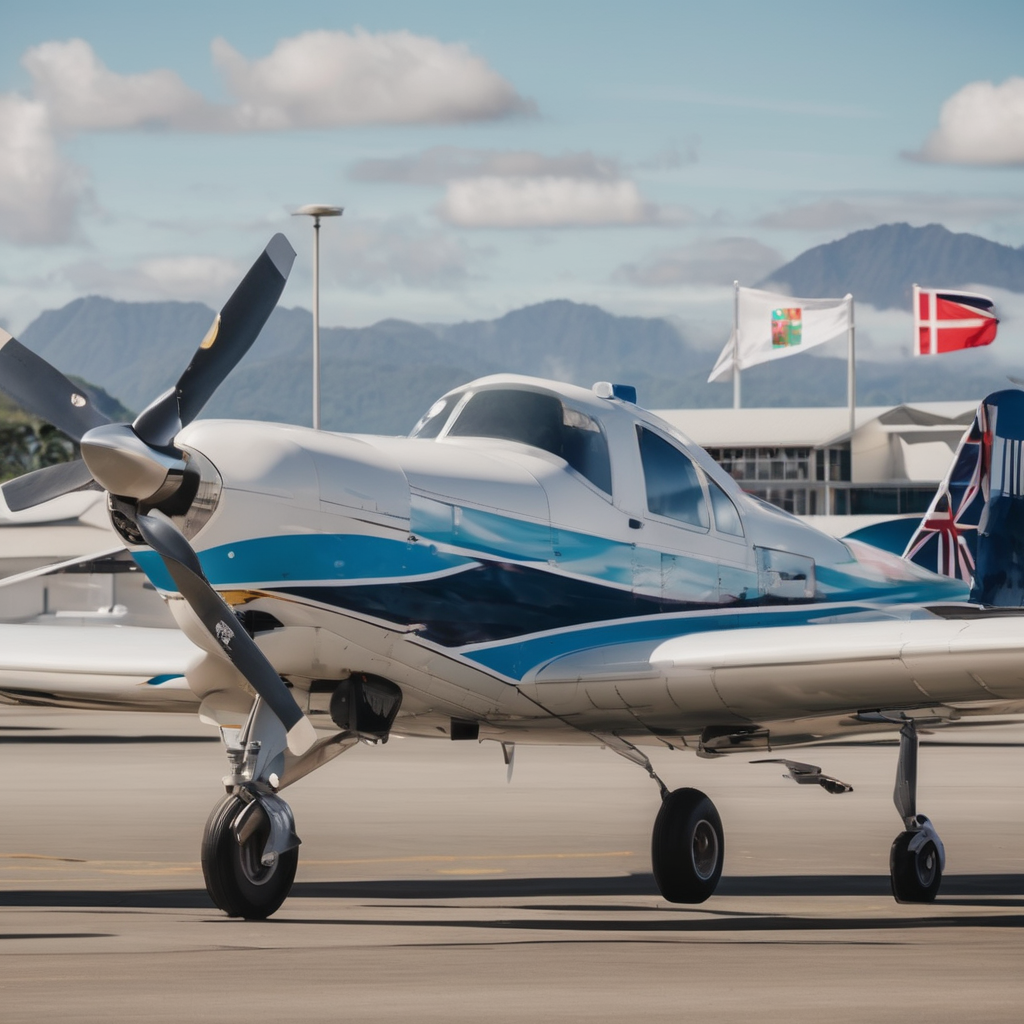The Acting Minister for Tourism and Civil Aviation, Hon. Ifereimi Vasu, has reassured students and families impacted by the recent disruptions at the Pacific Flying School that the Government prioritizes both their safety and the reputation of Fiji’s international aviation sector. During a parliamentary session, Vasu stated that the Civil Aviation Authority of Fiji (CAAF) bases its decisions on sound evidence rather than political pressure or social media influences.
Vasu clarified that the disruptions were caused by the lack of compliance from operators and incomplete approvals, rather than any failure of regulatory action. He emphasized the importance of adhering to established aviation laws, which stipulate that only approved maintenance organizations can conduct aircraft maintenance. Furthermore, the use of unapproved parts or maintenance services could result in the revocation of an aircraft’s Certificate of Airworthiness. Operators must also obtain prior approval from CAAF before engaging overseas service providers.
The situation arose after Suncoast Aero Engines, a non-approved entity under Fiji’s regulations, overhauled three engines that were subsequently installed without the necessary clearance from CAAF. In light of these events, Vasu stressed the need for all operators to submit thorough documentation and safety cases in a timely manner, promising that CAAF will strive for prompt decision-making to prevent similar disruptions in the future.
These events align with the government’s ongoing commitment to maintaining high safety standards in Fiji’s aviation sector. The issues facing the Pacific Flying School reflect a broader initiative to modernize aviation laws and reinforce compliance with international standards, a sentiment echoed in statements made previously by Deputy Prime Minister Viliame Gavoka. The government remains dedicated to fostering a safe and efficient aviation environment, ultimately enhancing confidence among passengers, industry stakeholders, and international partners.
As Fiji continues to enhance aviation safety protocols and regulatory frameworks, there is a positive outlook for the future of its aviation industry. The proactive measures being taken are not only aimed at addressing current challenges but also at building a more robust aviation sector that can thrive in the global market.
